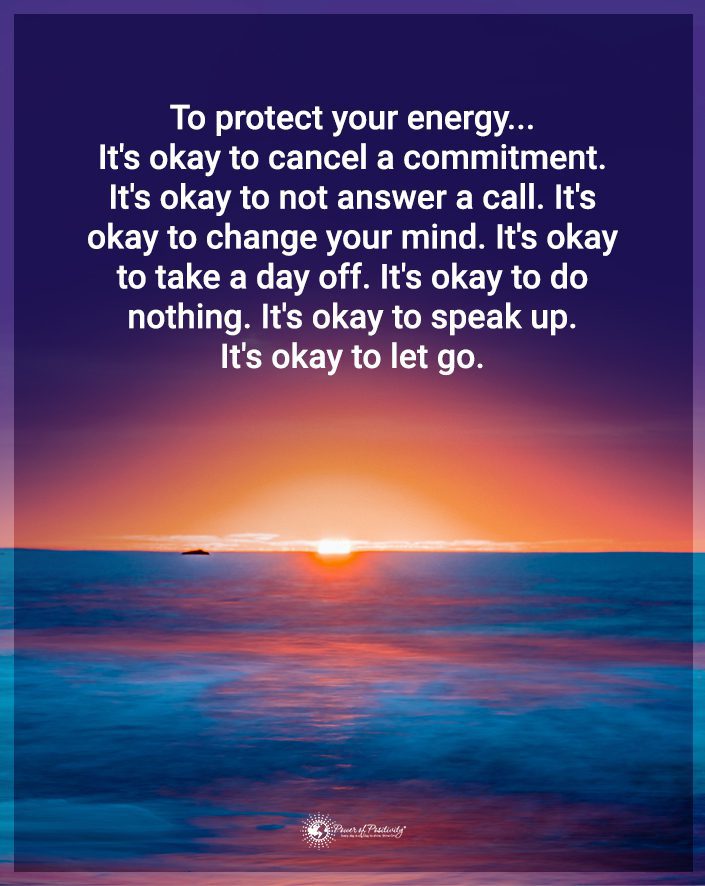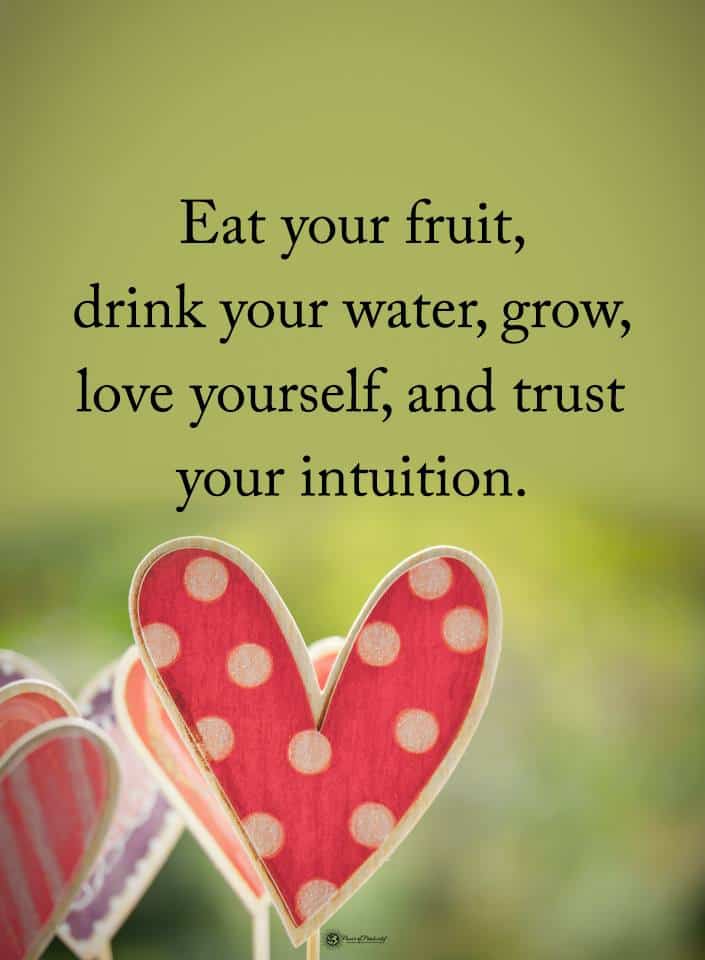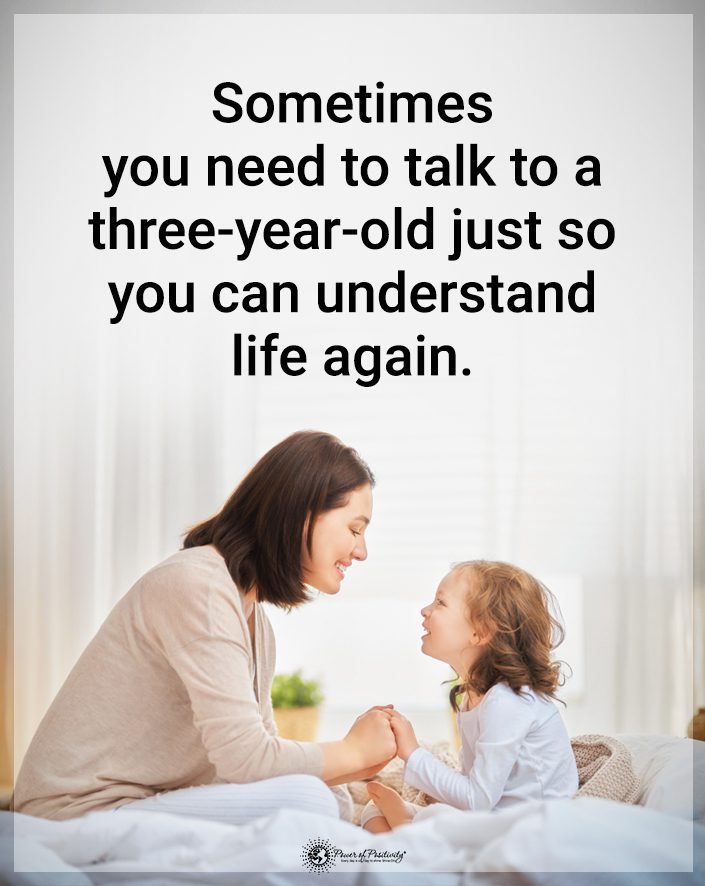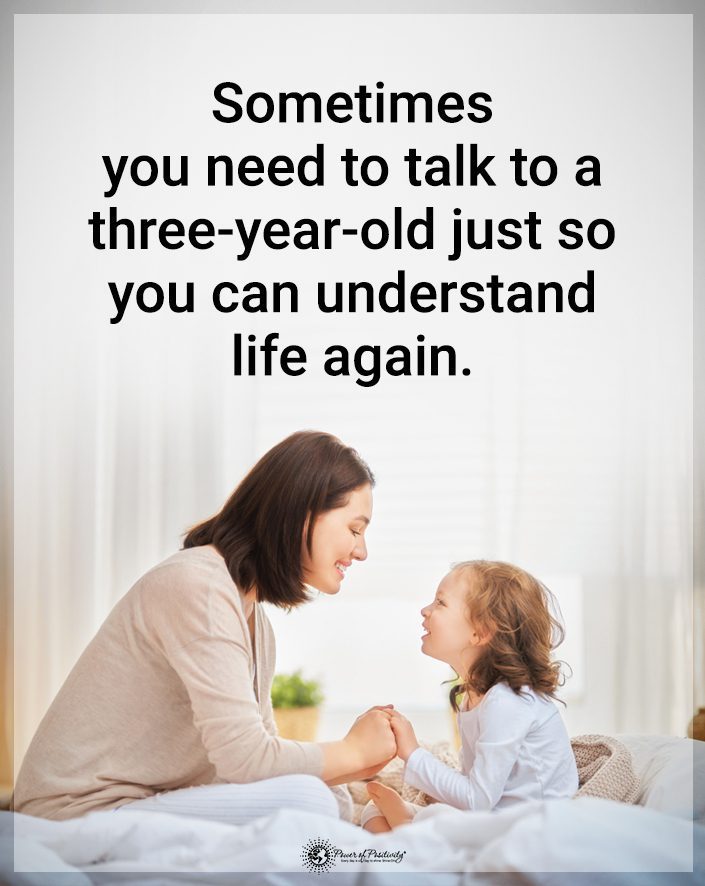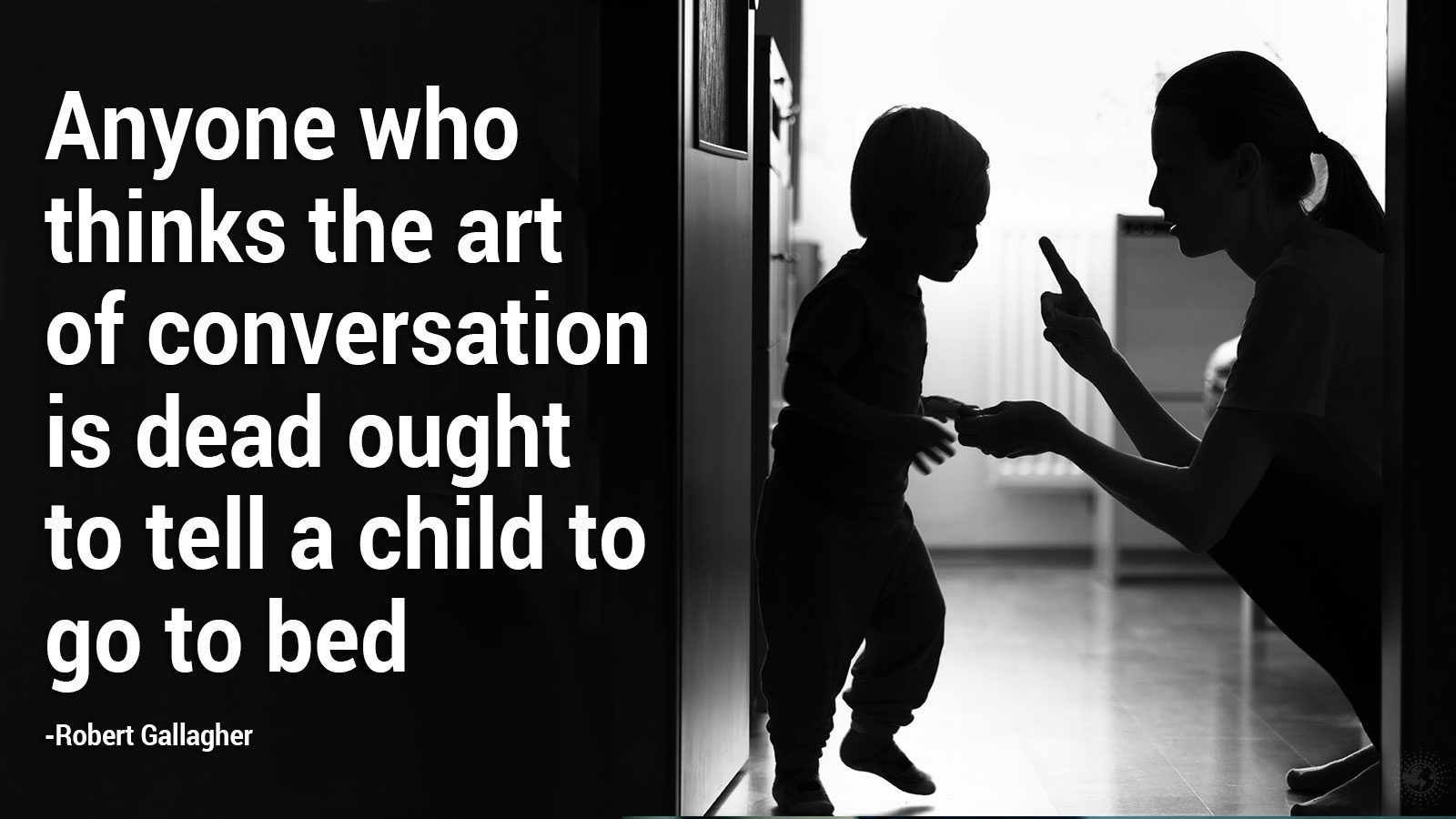Emotional infidelity is when a person in a committed relationship becomes emotionally involved with someone else. In today’s society, this often happens through online communication or social media. Unlike physical infidelity, emotional infidelity does not involve sexual contact, but that doesn’t mean it’s moral to do it. This type of infidelity can be just as damaging as physical infidelity, if not more.
It can create feelings of betrayal, hurt, and mistrust in the relationship. It is considered a form of cheating as it can erode trust and intimacy in the relationship. The internet and social media have made it easier for people to connect and communicate with others. This has led to an increase in emotional infidelity. Many people do it because it doesn’t make them feel guilty about their actions.
There is still this idea in society that infidelity has to involve physical contact. And that portrayal makes emotional cheaters feel like they did nothing wrong. It can be hard to prove that your partner was not faithful when their infidelity happened through texts or calls. As a result, individuals in committed relationships need to be aware of the potential risks. Sure, open and honest communication with their partners can prevent emotional infidelity from happening. But you need to learn how to spot it if it does happen.
10 Signs of Emotional Infidelity to Never Ignore
1. Your Partner is Secretive About Their Communication
If your partner is being secretive about their communication, it could signify that they are emotionally unfaithful. They may hide your text messages, emails, or social media conversations. They might even be using private accounts or apps you don’t have access to. Of course, everyone is entitled to their privacy. But if you notice a sudden change in your partner’s behavior, it may be worth talking to them about your concerns.
It’s essential to approach the conversation in a non-accusatory way. Express your feelings rather than accusing them of anything. Listen to their perspective and try to understand where they are coming from. If you both communicate openly and honestly, you can work through your concerns and find a solution.
2. They Are Spending More Time on Their Phone or Computer
It’s not uncommon for people to spend a lot of time on their electronic devices. This is because the world depends on online communication, and many people use these devices for work. But that doesn’t mean that you shouldn’t have some questions if they suddenly seem glued to their phone.
Sure, emotional infidelity won’t always be the reason for these changes in their communication. The cause could be that they have to work more, or maybe they are just talking more to a platonic friend. This is a sign of infidelity only if coupled with other strange behavior. If they refuse to explain why they spend more time on their phone, you can start being wary.
3. They Are Distant and Less Affectionate Towards You
When a person emotionally invests in someone else, they may withdraw emotionally and physically from their current relationship. This can manifest in several ways, including becoming more distant, less affectionate, and less engaged in the relationship. They may also become less interested in spending time with you.
They will probably be more preoccupied with thoughts and conversations with the other person. This can lead to a decline in intimacy and trust in the relationship. The worst part is that they will confide in the other person rather than in you.
That kind of betrayal is worse than any mindless one-night stand. But this behavior could also have other causes. It might be worth considering that your partner might simply be falling out of love with you.
4. They Are Particularly Interested in a New Acquaintance
Another sign of emotional infidelity is when your partner becomes very interested in someone else. They may spend much time talking to or thinking about this person. Sometimes, they will even try to see or spend time with them. Not all emotional cheaters stick to just texts for communication.
Some are actively courting and dating someone else, even if physically they stay loyal. They may also seem overly invested in this person’s life and could be sharing their thoughts and feelings with them. People are allowed to have friends and interests outside of their romantic relationships. But a sudden change in your partner’s behavior is a concern.
5. They Are More Critical of Your Relationship
When a person emotionally invests in someone else, they could focus their negative feelings and frustrations on their current relationship. They wouldn’t want to jeopardize their new connection. But they will probably lose interest in how you feel. So that will make them feel no remorse if they throw all their negativity at you. This can manifest in many ways, including becoming more critical or dismissive of the relationship or you.
They will find faults in the relationship, and you, as a way of rationalizing their emotional involvement with someone else. Of course, relationships can have their ups and downs, and people’s feelings can change. But if you can’t work through these issues, it’s probably because your partner doesn’t feel the need to. And that’s when you can tell if they are emotionally involved with someone else.
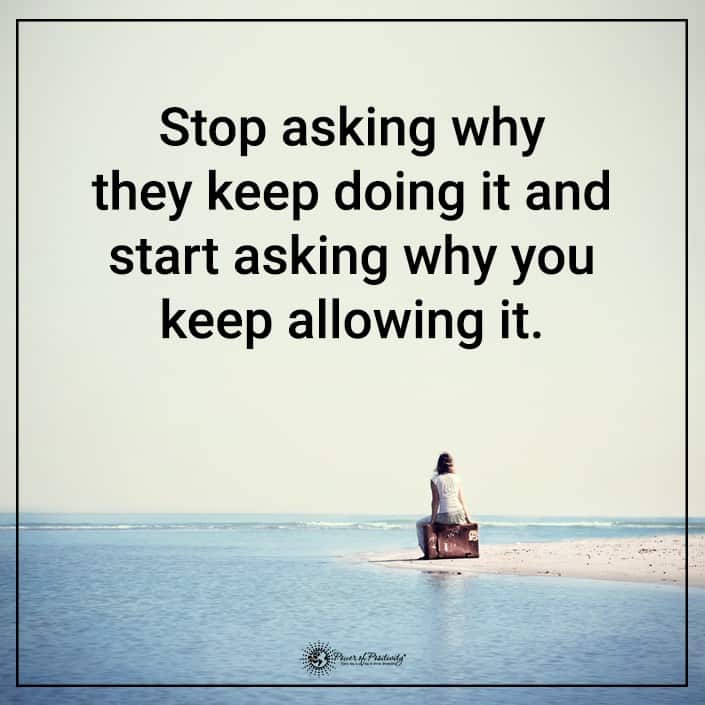
6. They Have a Change in Appearance and Grooming Habits
A potential sign of emotional infidelity is a sudden, newfound interest in their appearance and grooming. Now, there’s nothing inherently wrong with someone looking after themselves. People are allowed to take care of themselves and improve their appearance. But when a person emotionally invests in someone else, they may begin to pay more attention to their appearance.
They will want to look their best for that person. They may be trying to improve their appearance to impress someone else or feel more attractive. This can manifest in many ways. Some people will take more time to dress nicely. Others will frequently groom and spend more money on clothes or grooming products.
7. They Have a Sudden Interest in Fitness
When a person is interested in someone new, they may begin to put a lot of effort into working out. This is done to improve their appearance and physical attractiveness to that person. They may spend more time at the gym or participate in fitness activities. This will likely take away time and attention from the relationship.
The added emphasis on their physical appearance can make the other partner feel neglected or unimportant. A sudden interest in fitness can have different causes and not always signify emotional infidelity. People may have a change in personal goals. But it sure is something to be aware of.
8. They Are Secretive About a New Hobby
A new hobby could be your partner’s excuse to meet up with their new romantic interest. They may be keeping a new hobby a secret to conceal their involvement with that person. Maybe they tell you they have a new hobby but refuse to tell you what it is. It could also be an excuse to avoid spending time with you.
They may not want you to know about their hobby because they feel guilty about how it may affect the relationship. Sure, maybe there’s nothing suspect there. They could refuse to share that part of their life because they value their privacy. But if they suddenly spend all their free time devoted to that hobby, at least ask them about it.
9. They Get Defensive When You Ask About their New Behavior
Defensiveness is always a bad sign in relationships. Shutting down communication is almost always indicative of your partner hiding something important from you. It might not always be an emotional connection with someone else. But, if you directly ask about their new communication habits, and they get defensive, that’s weird.
They know they did something wrong and are close to getting caught. So, they will do whatever they can to hide and deflect. They might even go as far as to try to twist the truth and blame their actions on you. It’s not uncommon for a guilty partner to get mad and call you crazy for not trusting them. But, if they do this, then you know for sure that something is wrong.
10. They Are Emotionally and Mentally Preoccupied with Someone Else
A person doesn’t have to be glued to their phone for you to tell that they are preoccupied with something. And, usually, you can tell while they’re talking to you that their heart and head are somewhere else. They might not even have any weird changes in behavior. But if they seem emotionally distant and preoccupied with something (or someone) else, that should raise some questions.
They may be thinking about another person frequently. This means they have difficulty focusing on other aspects of their life, including their relationship with you. And from there, other issues can arise, such as you feeling neglected. If they refuse to talk about what’s on their mind, that’s usually a red flag. But be aware that sometimes this behavior is caused by stress or other issues.
Final Thoughts on Signs of Emotional Infidelity to Never Ignore
Emotional infidelity can be difficult to spot. And many people don’t want to spot them, even if they are right in their faces. That’s because people would rather lie to themselves than admit that the person they love is a cheater. But being aware of the signs can help you identify when something is not right in your relationship. And then you can cut them loose before it’s too late. Sometimes, there might even be a slight chance of fixing your relationship.
Though, you shouldn’t settle for someone who cheated on you. Whenever your partner has abrupt changes in behavior, that should signal that something is up. They could start spending more time on their devices, being more secretive, or becoming distant. They might even begin dressing up and constantly working out to impress someone new. Keep an eye on these signs, and be careful not to get played with.


